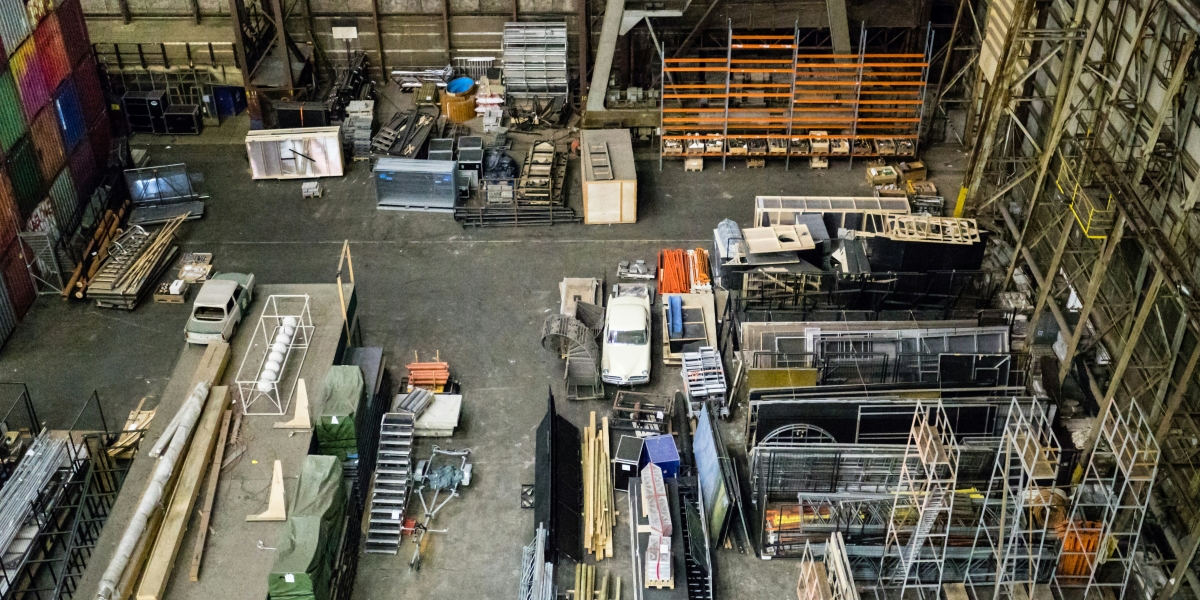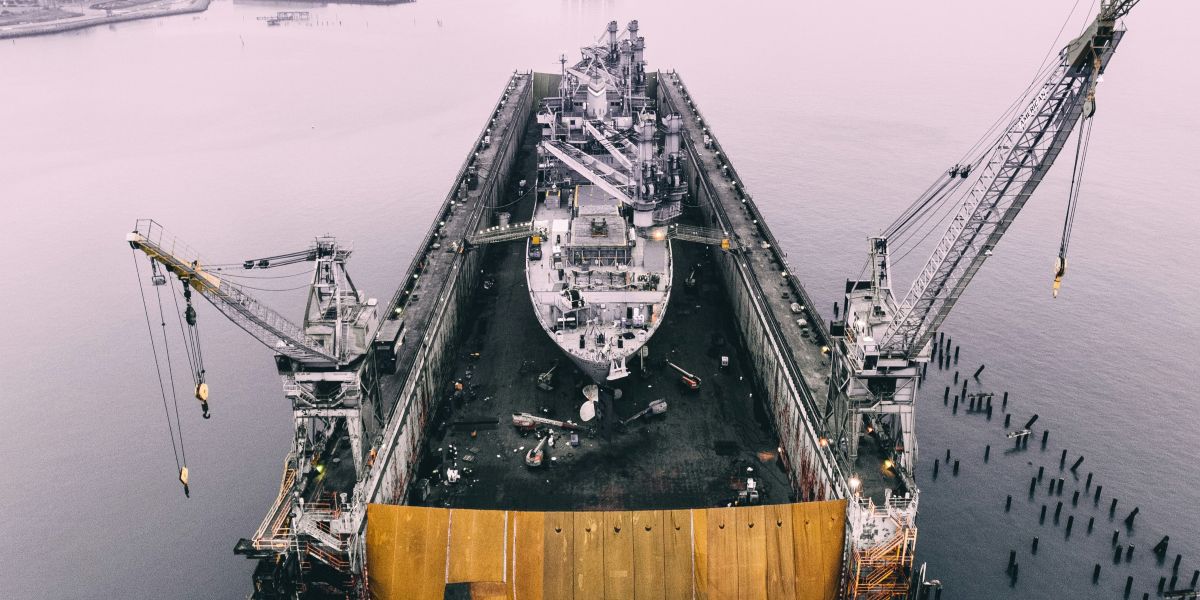When a truck is involved in a crash, the aftermath can often be much more serious than a car accident. This is due to the truck’s larger size, greater weight, and increased power, which may transform an accident into a life-altering experience. Seattle is a city where truck accidents are relatively common. In 2023, over 500 truck accidents occurred in the city.
If you are curious about the legal distinctions between truck and car accidents, this article will aim to clarify some key differences. Consulting a Seattle truck accident lawyer may be a helpful step to better understand your situation and seek justice.
Size, Weight, and Impact: Physical Differences
Trucks are much bigger than cars. An ordinary car has an average weight of 4,000 pounds, whereas a truck with all the cargo can weigh as much as 80,000 pounds. This significant difference often makes trucking accidents more destructive than accidents involving small passenger cars. A mishap that might cause a small scratch on a car could potentially destroy several cars in the event of a trucking accident.
Trucks are also slower, and it takes more time to stop them. Let’s say a truck driver is in a rush and happens to see a danger up ahead. They have to apply the brakes, and the truck may continue to move for hundreds of feet before it comes to a halt. Moreover, trucks have larger blind spots, which are commonly referred to as ‘No-Zones.’
That means if you are driving close to a truck and you cannot see the truck’s side mirrors, then the truck driver is unlikely to see you either. Factors such as the physical characteristics of the truck make accidents with trucks potentially more severe and complex in terms of who is to be blamed.
Liability in Truck Accidents vs. Car Accidents
In a car accident, it can often be easier to determine who was affected by it, for instance, the drivers and their insurance companies. But truck accidents are not the same. More people and businesses might be involved in the cause of the accident.
Here are some of the parties who could potentially be responsible for a truck accident:
- The truck driver – If the driver was speeding, distracted, or fatigued.
- The trucking company – If they failed to follow safety rules or pushed the driver too hard.
- The cargo loaders – If the truck’s cargo was improperly loaded or too heavy.
- The truck manufacturer – If the truck had a mechanical defect, like faulty brakes.
It is important to establish liability in a case since there may be several parties involved, and it may take some time and effort to determine who is responsible. For instance, if the brakes of a truck fail, questions may arise regarding who should be blamed for the accident—the driver, or the trucking company that may not have maintained the truck properly. Such questions are often raised in the context of truck accident lawsuits.
Federal and State Regulations
Trucking companies and drivers must follow strict Federal Motor Carrier Safety Administration (FMCSA) rules. These rules don’t apply to regular cars and are often a significant factor in truck accident cases.
Here are a few key rules:
- Hours of Service – Truck drivers can only drive a certain number of hours each day to avoid fatigue.
- Weight Limits – Trucks have maximum weight limits for safety. Overloaded trucks can tip over or lose control.
- Maintenance Checks – Trucks must be inspected and maintained regularly to stay safe on the road.
If a trucking company or driver breaks these rules, it might impact liability. For example, if a tired driver causes a crash because they drove longer than allowed, that rule violation may help to demonstrate their fault.
Evidence in Truck Accidents
In car accidents, evidence usually comes from police reports, photos, and witnesses. Truck accidents often involve more advanced tools for gathering evidence.
Many trucks have a “black box” (also called an Electronic Logging Device or ELD). This device records details about the truck’s speed, braking, and driving hours. If a crash happens, the black box data can provide useful insights into what went wrong.
Trucks also often have dashcams that record the road and the driver’s actions. This footage may be helpful in determining what caused the accident.
These tools make truck accident investigations more detailed but also potentially more challenging. You need to collect this evidence quickly because trucking companies might seek to limit access to it.
Insurance Coverage Differences
Truck accidents involve much larger insurance policies than car accidents. This is because trucks can cause more damage and injuries. Federal law requires commercial trucks to carry higher insurance coverage, often starting at $750,000 or more.
In contrast, car accident insurance policies are usually much smaller. For example, a car driver might have coverage of $50,000 for injuries. But in a truck accident, that may not fully cover basic medical bills.
The larger policies mean truck insurance companies may work aggressively to limit payouts. They often use tactics, like blaming others for the crash or offering low settlements, which can make seeking fair compensation more complex.
Common Causes: Truck Accidents vs. Car Accidents
The causes of truck and car accidents often differ.
Truck accidents are often caused by:
- Driver fatigue from long shifts (violating driving hour limits).
- Poor truck maintenance, like worn-out brakes or tires.
- Overloaded or poorly secured cargo that shifts and causes the truck to tip.
Car accidents, on the other hand, usually involve:
- Distracted driving (like texting or eating).
- Speeding or reckless driving.
- Drunk driving or running red lights.
The cause of the accident matters because it affects who’s at fault. For example, if a trucking company pushes drivers to work too many hours, they might share responsibility.
The Role of Legal Representation
Truck accidents are legally complex. Unlike car accidents, truck cases involve federal rules, multiple parties, and advanced evidence like black box data. This makes them more challenging to navigate without legal assistance.
Trucking companies also typically have strong legal teams to protect their interests. They might argue that you caused the accident or try to minimize the damages you suffered.
To handle truck accident cases properly, legal experts often need to:
- Analyze black box data and dashcam footage.
- Identify all responsible parties, including trucking companies and manufacturers.
- Prove that federal or state rules were broken.
Because of these challenges, truck accidents generally require a much more detailed approach than car accident cases.
The Sum-Up
Truck accidents are significantly different from car accidents. Trucks’ size, weight, and strict rules make these cases more complex. Liability often involves multiple parties, and gathering evidence like black box data may take extra effort. Trucking insurance companies also tend to resist paying out due to the high costs of these accidents.
Understanding these key differences can provide valuable context to see why truck accident cases require extra care. While car accidents are often more straightforward, truck crashes involve layers of evidence, rules, and legal challenges. Knowing these details might help you better handle the aftermath of a serious accident.
Disclaimer: The content in this article is provided for general knowledge. It does not constitute legal advice, and readers should seek advice from qualified legal professionals regarding particular cases or situations.
Published by Zane L.









